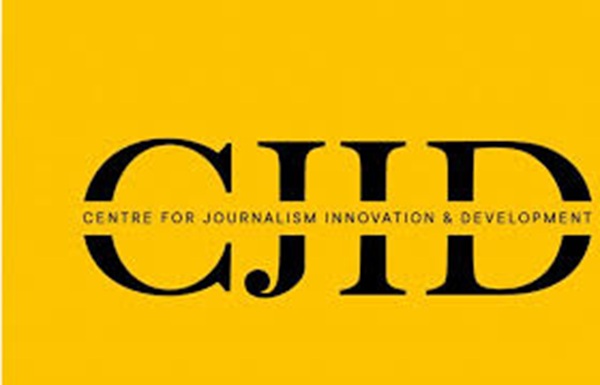The Centre for Journalism Innovation and Development (CJID) today launches the CJID Openness Index, Nigeria’s first-ever subnational assessment of press freedom and civic space across the 36 states and the Federal Capital Territory (FCT).
Supported by the Embassy of the Netherlands in Nigeria, the pioneering index blends qualitative and quantitative research to provide a systematic evaluation of openness across the country. The assessment is anchored on two core indices: enablers – factors that promote press freedom and civic expression; and inhibitors – those that constrain them.
Drawing on the insights of over 1,100 professionals, including journalists, editors, newsroom managers, and civil society actors; the Index evaluates seven diagnostic dimensions which include legal protections, institutional guarantees, journalist safety, media diversity, internet freedom, civic engagement, and government transparency.
The findings, according to CJID, reveal an uneven and fragile state of civic space across Nigeria.
The Chief Executive Officer of CJID, Dapo Olorunyomi explained that the Index is about protecting the democratic values that allow people to speak, organise, and hold power to account.

“We believe data like this is informative and also catalytic as it provides the facts we need to challenge repression, defend press freedom, and open up civic space. This Index is both a mirror and a map.
“It reflects the realities journalists face in every corner of Nigeria, but more importantly, it offers a navigational tool for policymakers, civil society, and the media itself to strengthen the foundation of our democracy. Without openness, no democracy can thrive, and that’s the challenge we are putting on the table today,” Mr Olorunyomi added.
According to the Centre’s Executive Director, Akintunde Babatunde, the Index serves a strategic purpose.
“For us, this is about redefining what openness truly means in a democracy. As we evolve the Index into a pan-African tool, our ambition is to shape not just public discourse, but policy reform across the continent. For many years, CJID has led Nigeria’s media freedom efforts from our data-driven Press Attack Tracker that documents violations against journalists, to our work with the Coalition for Whistleblower Protection and Press Freedom.
“This index expands that legacy. It offers citizens and stakeholders a clearer picture of how safe or unsafe it is to exercise freedom of expression in each state and the FCT.”
The launch event will feature goodwill messages from members of the diplomatic community, with keynote remarks expected from the vice chancellor of the Federal University, Kashere, Umaru Pate, a professor and chairman of CJID’s Board of Directors.
Other renowned media scholars, including former Director-General of the Nigerian Television Authority (NTA) Tony Iredia, a professor; Chris Ogbondah, a professor in the University of Northern Iowa, USA; and Victor Ayedun-Aluma, a professor in the University of Jos, will also present the Index findings on behalf of the research team.
Two panel sessions will follow the formal presentations. The first will reflect on Nigeria’s media evolution from military rule to democratic governance, while the second will interrogate the Index results and highlight its policy relevance in protecting media freedom and civic space.
About CJID
The centre is a pan-African media development think tank advancing investigative journalism, fact-checking, human rights reporting, media innovation, elections, and journalist safety.
Through initiatives like the Media Freedom Project, CJID employs research, advocacy, coalition-building, monitoring, and strategic litigation to foster open civic spaces and strengthen democratic accountability across the continent.

